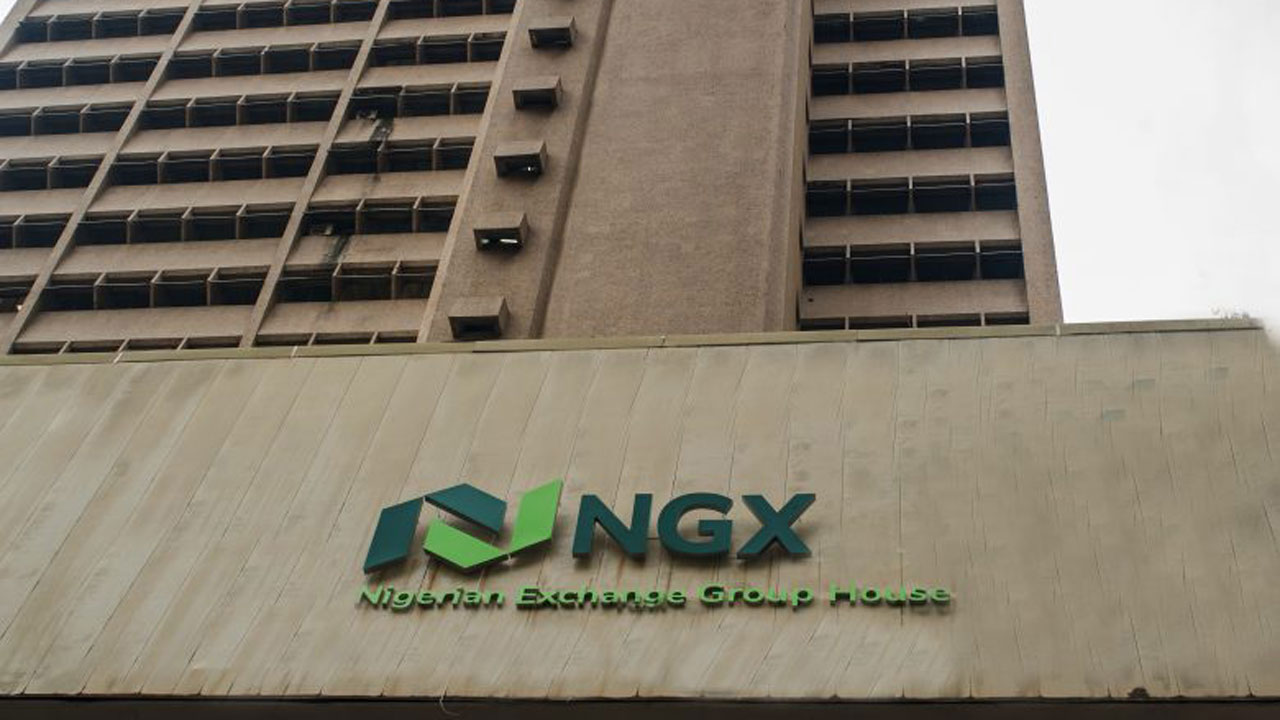The demographics tell an exciting story: we’re likely to see hundreds of thousands of small owners looking to retire over the next decade. Does the big question then become what will happen to all those companies?
One possibility is that we might see a boom in opportunities for younger people to acquire those businesses. Maybe you even work in a company like this where the owner has already approached you about taking over. While that might seem like a dream come true–to finally own your own business–there’s also some considerable risk you’ll need to evaluate before you go ahead on a transaction.
I’ve identified a few critical high-level questions any prospective entrepreneur should ask before taking the plunge to buy a business of their own.
1. Does the business have recurring revenue?
One of the riskiest aspects of any business is the stability of the revenue. That’s why one of the first questions you need to ask a seller is how their company earns its revenue. Knowing if the business you want to buy has predictable, recurring revenue streams in place is critically important. That might include long-term contracts or a customer base that pays a fixed amount every month. Having these kinds of recurring revenue streams not only makes the business less risky, but it also becomes more valuable if you ever want to sell it yourself. On the other hand, if the business requires you to go out and make a new sale every day, you will be taking on a great deal of risk.
2. What are the relationships with customers?
Ask a seller what the status of their customers is. Are they happy and likely to continue buying from you? Or, are things messier, where some customers might be at risk of leaving? The other key question to ask is about sales concentration. Does the business have 20 to 30 customers representing no more than 10% of company revenue? Or does it have 3 or 4 customers, two of which account for 90% of revenues? The more distributed and secure the customer base is, the better. Otherwise, the business becomes riskier.
3. What’s the nature of competition in the business?
No business operates in a vacuum. So, it’s essential to understand what kind of competitive pressures it’s been facing. One area to look closely at is gross margin–the business’s revenue minus the cost to deliver service. Is gross margin is growing over time, which means the company has found ways to keep costs under control while raising prices? Or, is gross margin eroding, which might indicate rising costs and pressure from competitors and customers to squeeze prices? This could also result if the business is being pressed on price by its biggest customers. Any company that erodes gross profit should be a big red flag. As the old saying goes, nobody wants to catch a falling knife.
4. Is there a growth engine?
A stable business can be great for an owner who wants a simple lifestyle business. But if you’re looking to acquire a company, you’ll need to find some levers to help grow the industry to help you pay off the seller over time. Ideally, there are opportunities to grow the business by 5% to 20% a year. That way, you’ll be buying an appreciating asset, not one that’s stuck at the price you paid for it.
5. Is the business dependent on the owner?
Many small businesses revolve around their owner or founder. They are the most skilled and vital people in the company, and it’s hard to imagine operating without them. This would be another red flag for a potential buyer. While you might have a healthy enough ego to believe you could step in and provide those same skills, you should be wary about if the business will transition well to a new owner. That can be an especially tricky scenario if the seller plans to stay inside the company for a while to help the buyer and new owner. It’s a double-edged sword. While the seller can provide some guidance about how the business had been run, they can also become a dampener to innovation–putting the brakes on any changes the new owner might want to make.
6. Is the owner willing to take back financing?
Some new business owners might not be aware that it’s common for sellers to provide “seller financing”–meaning they will be paid out over time, maybe five years, through the business’s profits. This can often be a win-win for both the seller and buyer: the seller typically can get more for the company while the buyer doesn’t have to secure outside financing to make the deal. The problem can be if the seller wants their money right away. If that’s the case, it becomes a more risky and challenging deal for the buyer because they know they must either come up with a pile of cash or take on debt from a bank to buy the business.
As I said earlier, these six questions are just a high-level primer to help see if the business makes sense to buy or not. It might be wiser to walk away if you see too many red flags. But suppose you get excited by the answers you get. In that case, you can then proceed to the next level of due diligence, where you could begin to dig more deeply into areas like bad debts, the quality of inventory, the maintenance history of the equipment, etc.
Just remember that while it’s exciting to think about finally becoming your own boss, make sure you take the time to ask the right questions before leaping to ensure you’re buying a Cadillac and not a lemon.
Note: This article have been indexed to our site. We do not claim legitimacy, ownership or copyright of any of the content above. To see the article at original source Click Here













